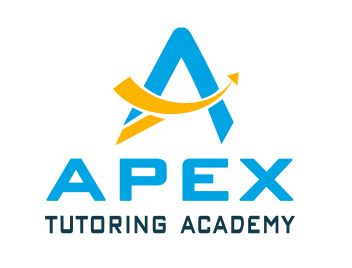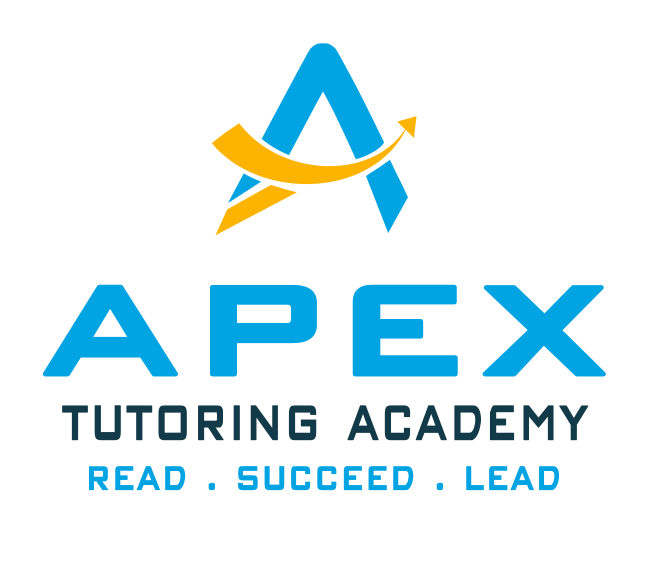Why Group Tutoring is Beneficial for Children of All Ages

In the realm of education, group tutoring has emerged as a highly effective learning approach for children of all ages. While some may still harbor reservations about its efficacy, a wealth of evidence and expert opinions reveal that group tutoring offers numerous advantages. Here, we explore why group tutoring is beneficial and how it can positively impact students’ academic and social development.
1. Enhanced Learning Through Collaboration
One of the most significant benefits of group tutoring is the opportunity for collaborative learning. When students work together, they can share different perspectives and approaches to problem-solving. This collective effort not only enriches their understanding of the subject matter but also fosters critical thinking skills. Collaborative learning encourages students to ask questions, discuss concepts, and challenge each other’s ideas, leading to a deeper and more comprehensive grasp of the material.
2. Development of Social Skills
Group tutoring sessions provide a structured environment where children can develop essential social skills. Interacting with peers in a learning context helps students build communication skills, learn to work as part of a team, and develop empathy and respect for others’ viewpoints. These social interactions are crucial for personal growth and can enhance a child’s ability to navigate various social settings both inside and outside the classroom.
3. Increased Motivation and Engagement
Learning in a group setting can significantly boost students’ motivation and engagement. The dynamic nature of group tutoring, where students can participate in discussions and activities, makes the learning process more enjoyable and less monotonous. Moreover, the sense of camaraderie and competition that often arises in group settings can inspire students to put forth their best effort and stay committed to their studies.
4. Personalized Support and Attention
Contrary to the misconception that group tutoring dilutes individual attention, well-structured group sessions can offer personalized support. Tutors in group settings can identify individual students’ strengths and weaknesses and address them within the group context. Additionally, students can learn from their peers’ questions and mistakes, gaining insights they might not encounter in one-on-one tutoring.
5. Cost-Effective Learning Solution
Group tutoring is often more affordable than private, one-on-one sessions, making it an accessible option for many families. Despite the lower cost, the quality of education is not compromised. Students still receive expert guidance and benefit from the collective knowledge and experiences of their peers. This cost-effectiveness allows more children to access supplemental educational support, promoting equitable learning opportunities.
6. Preparation for Real-World Scenarios
Group tutoring mirrors real-world scenarios where collaboration and teamwork are essential. Whether in higher education or the workplace, individuals are often required to work with others to achieve common goals. By participating in group tutoring, children learn how to collaborate effectively, manage group dynamics, and contribute to group success, equipping them with valuable skills for their future endeavors.
7. Supportive Learning Environment
A well-facilitated group tutoring session creates a supportive and encouraging environment where students feel comfortable expressing their ideas and asking questions. This nurturing atmosphere can help reduce anxiety and build confidence, especially for students who might be hesitant to speak up in a traditional classroom setting.
Conclusion
Group tutoring offers a myriad of benefits for children of all ages, from enhancing academic understanding to fostering essential social skills. By embracing this collaborative approach, students can experience a more engaging, supportive, and effective learning journey. As educators and parents, recognizing the value of group tutoring can help us provide children with the tools and experiences they need to thrive both academically and personally.
Enroll Your Child Now
Unlock the potential of collaborative education with our group learning tutorials. Designed for children in grades 3 and 4, our engaging resources foster teamwork, critical thinking, and a love for learning.
Enroll Now

